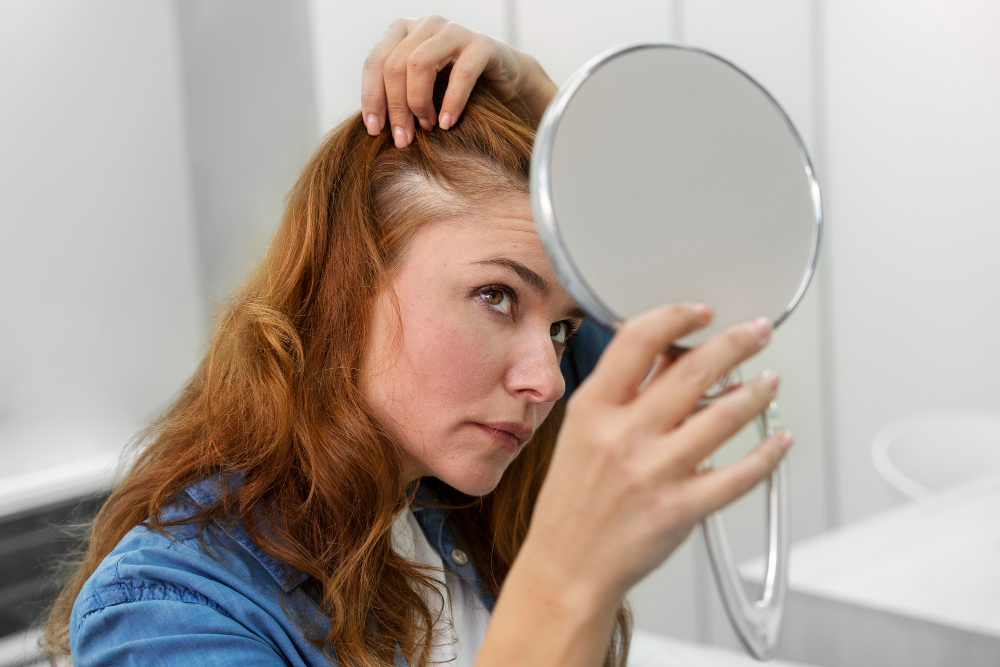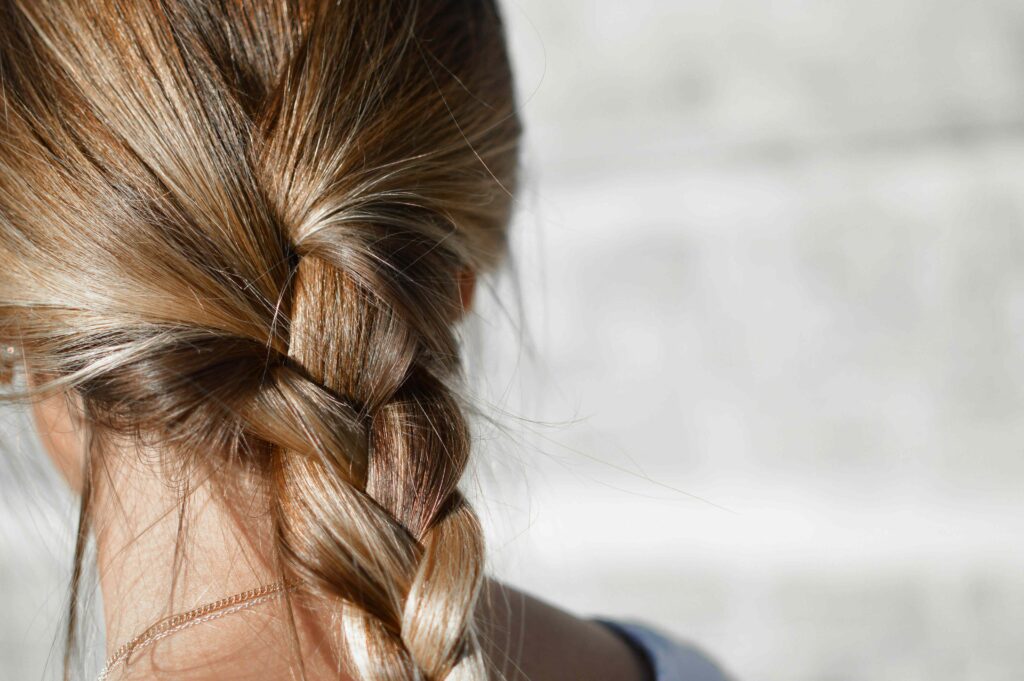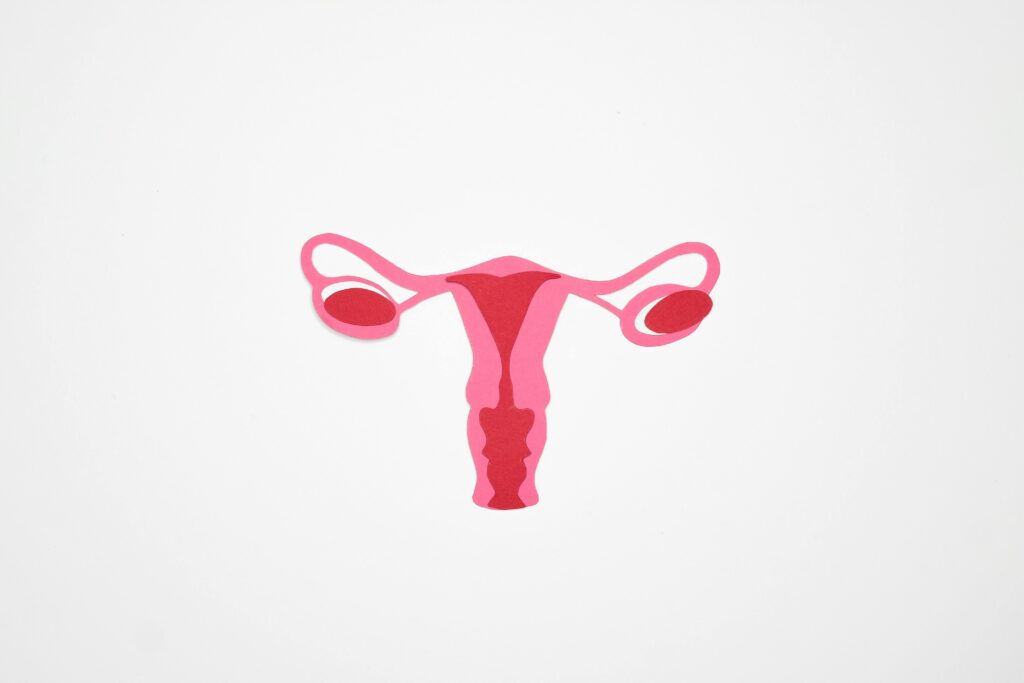How to Care for Your Hair Based on Its Type

Knowing your hair type is the first step in creating an effective hair care routine. Your hair’s texture, porosity, and overall health can vary greatly depending on its type. Whether you have straight, wavy, curly, or coily hair, each type has specific needs and challenges that require tailored care.
In this article, we’ll guide you through how to identify your hair type and provide expert tips on how to care for it. By following a customized routine, you can keep your hair healthy, vibrant, and looking its best.

Understanding Different Hair Types
Straight Hair
Straight hair typically has a smooth texture with little to no curl. It often tends to be shinier and sleeker compared to other hair types. However, it can also be more prone to oil buildup, as the oil can travel easily from the scalp down the hair shaft.
Wavy Hair
Wavy hair has a gentle S-shape pattern, offering volume and texture. This type of hair tends to frizz easily, especially in humid weather, but it can also be quite versatile, allowing for various styling options.
Curly Hair
Curly hair has well-defined curls and can range from loose waves to tight, spiraled curls. It tends to be drier and more prone to frizz due to the natural twists and turns that make it harder for the scalp’s oils to travel down the hair shaft.
Coily Hair
Coily hair has tight, spiral-like curls or zigzag patterns. It’s the most fragile hair type, prone to dryness and breakage. Proper moisture and care are essential for coily hair, as it needs extra hydration and gentle handling to maintain its shape.
Hair Care Tips for Straight Hair
Shampoo and Conditioner
For straight hair, focus on lightweight formulas that cleanse without weighing the hair down. Look for shampoos and conditioners that provide moisture without excess buildup. Clarifying shampoos can help remove oil buildup but should only be used occasionally to prevent dryness.
Heat Protection
While straight hair is generally less prone to frizz, it can still suffer from heat damage. Always use a heat protectant before styling with hot tools, such as flat irons or curling wands, to prevent dryness and breakage.
Styling and Maintenance
Straight hair benefits from regular trims to keep the ends healthy and prevent split ends. Additionally, avoid heavy styling products like gels or creams, as they can make your hair look greasy and flat.

Hair Care Tips for Wavy Hair
Hydration and Moisturization
Wavy hair can often appear frizzy and lose its shape if not properly moisturized. Use hydrating shampoos and leave-in conditioners to help lock in moisture. Products with argan oil or shea butter work well to smooth the hair without weighing it down.
Frizz Control
To combat frizz, avoid excessive heat styling, and try using an anti-frizz serum or light styling cream. You can also allow your waves to air dry for more natural texture and volume.
Styling Tips
To enhance the natural wave, try scrunching your hair while it’s wet to encourage the formation of soft waves. For added definition, you can use a curling iron with a larger barrel or styling mousse to boost volume.
Hair Care Tips for Curly Hair
Moisture-Rich Products
Curly hair requires moisture to avoid dryness and frizz. Use moisture-rich shampoos and conditioners formulated for curly hair. Deep conditioning treatments once a week can also help replenish the hair’s moisture and keep curls soft and defined.
Avoiding Heat
Excessive heat can damage curly hair and cause it to lose its shape. Whenever possible, let your hair air dry. If using a blow dryer, opt for a diffuser attachment to help distribute the heat evenly.
Detangling Tips
Curly hair can easily become tangled, so it’s best to detangle it when it’s wet and conditioned. Use a wide-tooth comb or your fingers to gently detangle from the tips up to the roots. Avoid using brushes, as they can disrupt your curl pattern.

Hair Care Tips for Coily Hair
Deep Conditioning
Coily hair tends to be the driest, so deep conditioning is a must. Use deep conditioning treatments with rich oils such as coconut oil, olive oil, or shea butter to nourish and hydrate your curls. This helps maintain the curl pattern while preventing dryness and breakage.
Protective Styles
Coily hair can be fragile, so it’s essential to protect it from damage. Styles like braids, twists, or buns can help keep the hair safe from friction, which can lead to breakage. Always be gentle when styling to avoid unnecessary tension.
Moisturizing and Hydrating
Make sure to use a daily leave-in conditioner or hydrating hair mist to keep your coils moisturized. Co-washing (washing with conditioner instead of shampoo) can also help maintain moisture without stripping your hair of its natural oils.
The Role of Diet and Supplements in Hair Health
A balanced diet is crucial for maintaining healthy hair, skin, and nails. Nutrients such as biotin, vitamin C, zinc, and omega-3 fatty acids are essential for hair growth, strength, and shine. A lack of these nutrients can lead to brittle hair, thinning, or hair loss.
Supplements can help fill any gaps in your diet. For example, biotin supplements can promote hair growth, while omega-3 fatty acids support a healthy scalp. Additionally, collagen supplements can help improve skin elasticity and provide structure to hair, making it stronger and more resilient.

Customer Review
“I never knew how much my hair, skin, and nails could benefit from the right nutrients until I tried Bioma’s Collagen Gummies. After reading about their benefits, I decided to give them a shot, and I couldn’t be happier. My hair feels stronger, my skin looks radiant, and my nails have never been healthier. These gummies have been a game-changer for my beauty routine, and I truly feel more confident knowing I’m taking care of myself from the inside out.”
— Emily R., Verified Customer
How Gut Health Impacts Hair Care
Your gut health directly affects the absorption of essential nutrients that are crucial for hair health. A balanced gut microbiome supports nutrient absorption, allowing your body to get the most out of the foods and supplements you consume. Probiotics can help restore balance to your gut, improving digestion and supporting the growth of healthy hair.
Additionally, Bioma’s Collagen Gummies support gut health by providing prebiotics and probiotics. A healthy gut environment improves nutrient absorption, which helps nourish hair follicles and promote stronger, shinier hair.

Can the type of my hair really affect how I should care for it?
Yes, the type of hair you have—whether it’s straight, wavy, curly, or coily—plays a significant role in how you should care for it. Different hair types have different needs when it comes to moisture, styling, and protection. For example, curly hair tends to be drier and may require more moisturizing products, while straight hair might need lightweight products to avoid greasiness. Understanding your hair type helps you choose the right products and techniques for healthier hair.
How can I determine my hair type?
To determine your hair type, assess its texture, curl pattern, and porosity. Here are the basic categories:
- Straight hair: Smooth, no curl or wave.
- Wavy hair: Light waves, often frizz-prone.
- Curly hair: Defined curls that can be dry or frizzy.
- Coily hair: Tight, springy curls, often more prone to dryness.
Hair porosity, or how well your hair absorbs and holds moisture, also plays a role in understanding your hair type. You can perform a simple test to determine whether your hair is low, medium, or high porosity.
Are Bioma’s Collagen Gummies good for my hair health?
Yes, Bioma’s Collagen Gummies can help improve hair health. These gummies contain biotin and other essential nutrients that support hair growth and strength. They also promote gut health, which plays a crucial role in nutrient absorption, helping your body get the vitamins and minerals necessary for healthier hair, regardless of your hair type.
How should I care for straight hair?
Straight hair tends to get greasy faster and can be more prone to product buildup. To care for straight hair, use lightweight shampoos and conditioners to avoid weighing it down. Incorporate occasional deep conditioning treatments to maintain moisture without making your hair too greasy. Avoid heavy oils and creams, which can leave your hair limp and lifeless.
How should I care for curly hair?
Curly hair often requires extra moisture and care to avoid dryness and frizz. Use moisturizing shampoos and conditioners that help hydrate and define curls. Avoid sulfates and harsh chemicals that can strip natural oils from your hair. To prevent frizz, use leave-in conditioners or curl creams to enhance curl definition and reduce humidity’s impact on your hair.
What products should I use for coily hair?
Coily hair can be more fragile and prone to dryness. Look for products that are rich in moisture, such as oils, creams, and butters. Use gentle, sulfate-free shampoos and deep conditioning treatments regularly to keep your hair hydrated and strong. Consider using a wide-tooth comb to detangle and prevent breakage, and avoid heat styling tools that can cause further damage.
Related articles






